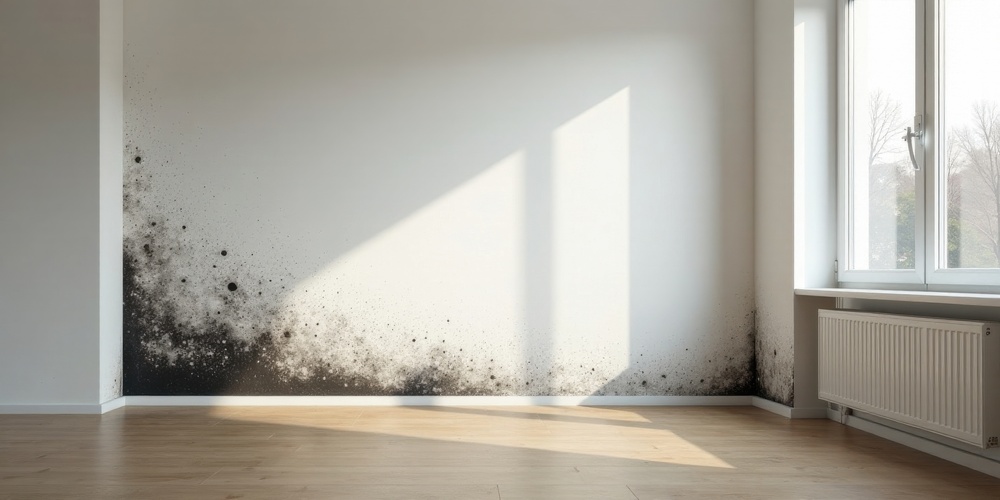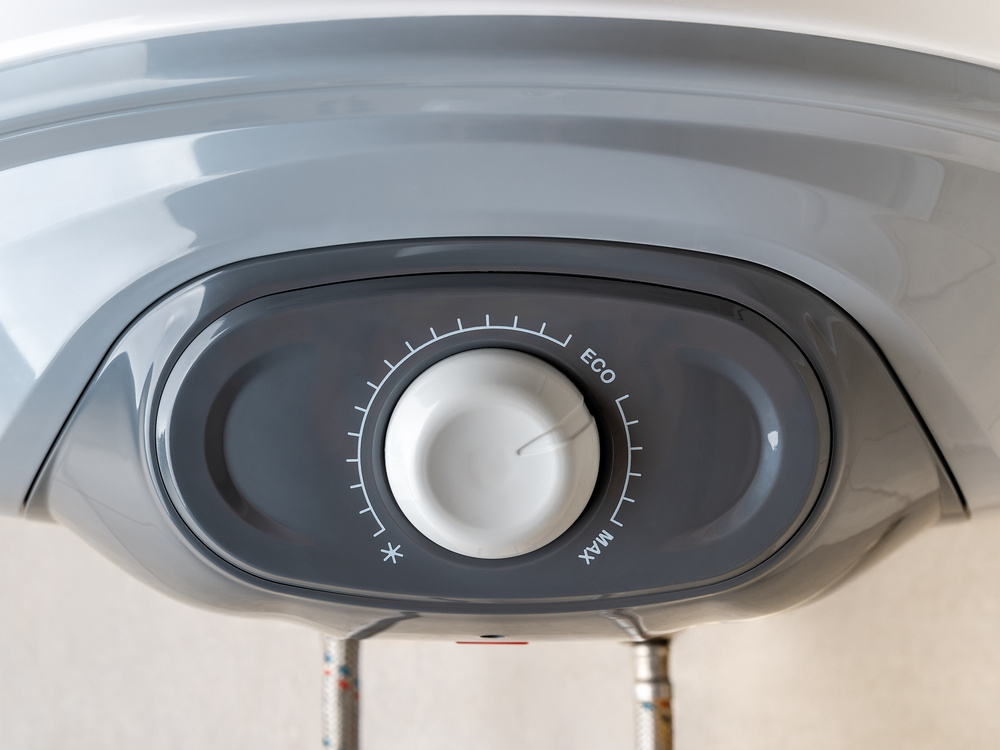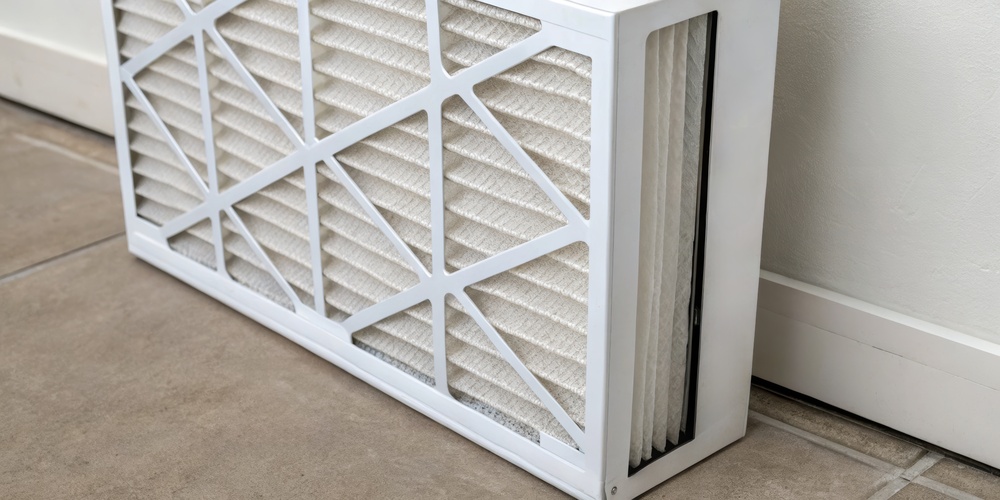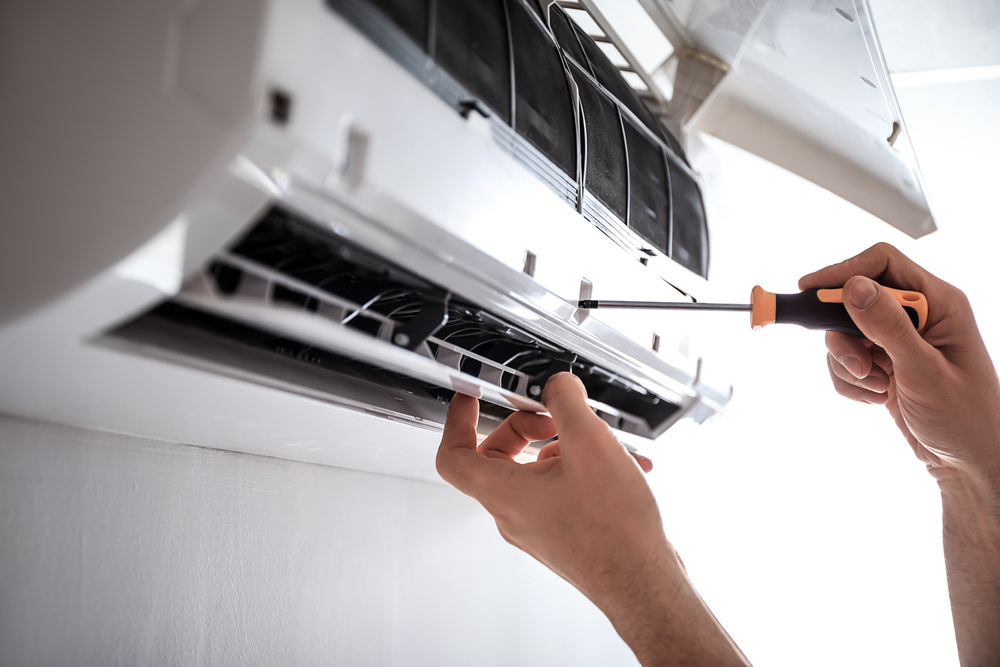Call or Text
801-438-4793Water Softeners: Traditional vs Salt-free Systems
November 14, 2014

Traditional water softener systems remove the hard minerals in your water and replace them with softer minerals through an ion exchange. Salt-free water softeners, also called water conditioners or descalers, only adjust the chemical makeup of your water so that scale is less likely to build up in your pipes. Here are just a few of the differences between a traditional water softener and a salt-free alternative.
How Do Water Softeners Work?
A water softener system works by replacing the hard minerals in hard water with softer minerals, such as sodium or potassium. Basically, a water softener is a tank filled with water and sodium. As your home’s water passes through the tank, the charged particles in the tank force the calcium and magnesium out of your water and get replaced with the sodium ions through an ion exchange.
Why Do Water Softeners Need Salt?
When there are large amounts of calcium and magnesium in your water, they can cause mineral build-up, hard water stains, and even make soap less effective. The sodium ions in the water softener salt do not react with soaps and they are less likely to cause a build-up in your pipes, which are just a few of the advantages of soft water.
What Are the Advantages of Soft Water?
With a traditional water softener system, there are a number of benefits to your home. Some of them include:
- Less mineral scale in your plumbing
- Money saved on soaps and shampoos
- Softer skin and hair
- Appliances that use softened water last longer
- Clothes don’t become dingy and dull
Learn more about the benefits of soft water.
How Does a Salt-Free System Work?
Descaler systems alter the chemical structure of water minerals through the descaling process, essentially preventing solids from depositing in pipes and water fixtures. These systems can cost less and involve less maintenance as well.
In general, the effectiveness of salt-free conditioners depends on how hard the water in your area is and the other contaminants that might be in your water. Salt-free water conditioners are also less effective in areas where water sits–such as a water heater.
Find out what may be lurking in your tap water.
What Are the Advantages of Conditioned Water?
Water conditioners don’t remove calcium and magnesium from your water, which can be good for your health. Some people report that softened water feels “slippery” to the touch, while conditioned water is not. While you don’t get the full benefits of softened water, you may see a reduction in scale in your pipes and even some minor effects similar to soft water.
Which System is Better?
A salt-free descaler doesn’t actually make water soft, which means you could be missing out on a number of benefits that softened water provides. However, water softeners are more expensive than descalers and they do use water in the process of softening your water while descalers don’t. Here are a few of the advantages of each system:
| Advantages | Traditional Water Softener | Salt-Free System |
|---|---|---|
| Prevents mineral build-up in pipes | X | X |
| Removes hard minerals from your water | X | |
| Relatively inexpensive | X | |
| Requires little to no maintenance | X | |
| Prevents hard water stains | X | |
| Helps clothes last longer | X | |
| Keeps skin and hair soft | X | |
| Improves efficiency of large appliances | X | |
| Saves money on soap and shampoo | X | |
| Uses less water | X |
Which One Should You Choose?
In order to best see how effective a traditional water softener or a descaler would be in your home, it’s important to know how hard the water in your area is. You can get a general idea of the water hardness near your home with our free hard water tool! All it takes is your ZIP code.
Recent News

How to Prevent Mold in a Utah Home After Plumbing Repairs
September 11, 2025

A Utah Homeowners’ Guide to Smart Thermostats
September 10, 2025

My Water Heater’s ECO Switch Keeps Tripping – What Does It Mean?
August 21, 2025

Calling a Contractor for HVAC Services Shouldn’t Be a Nightmare
August 20, 2025

7 Hidden Fittings That Make Your Plumbing Work
July 21, 2025

Never Underestimate the Value of Your Furnace and AC Filter
June 25, 2025

